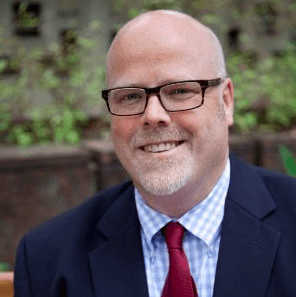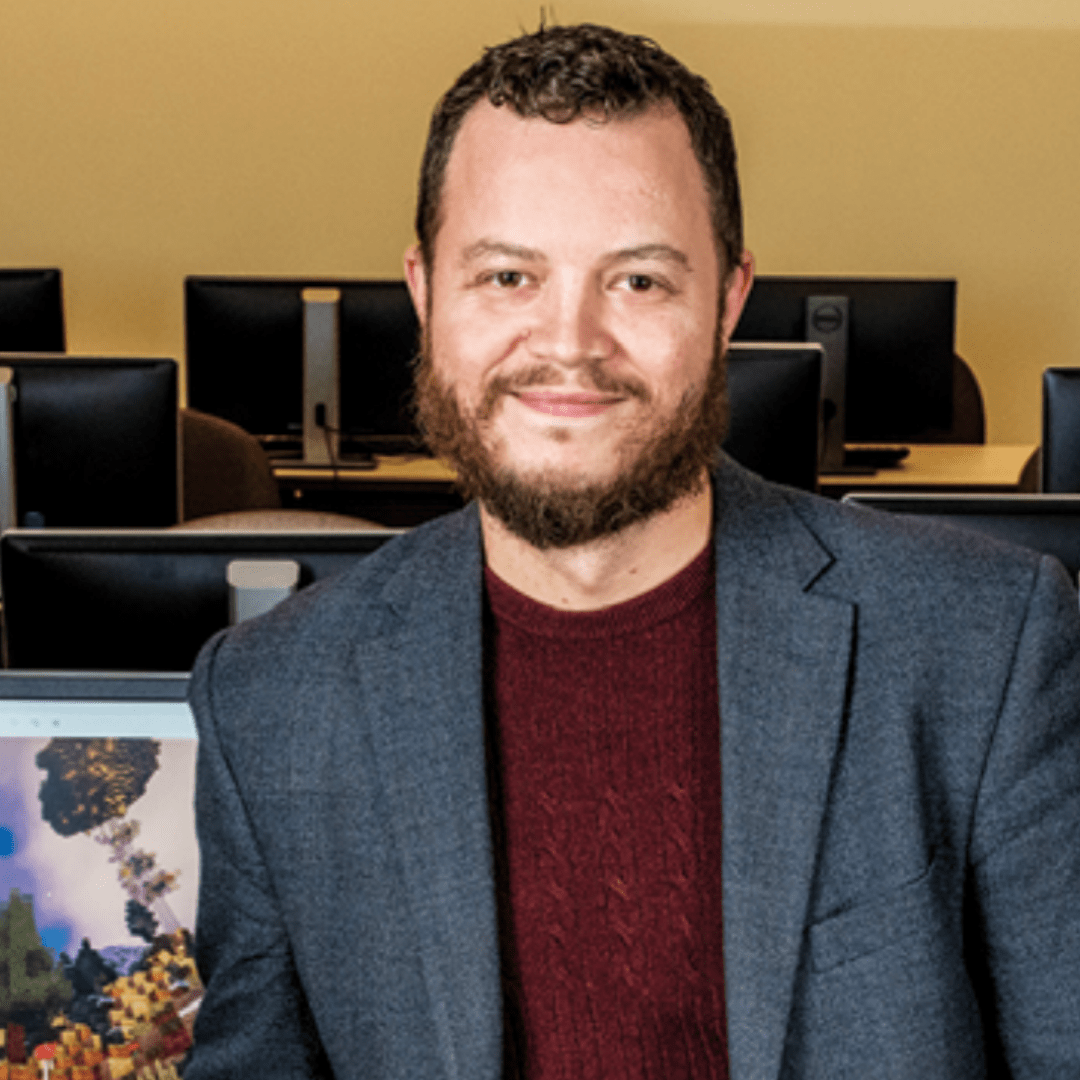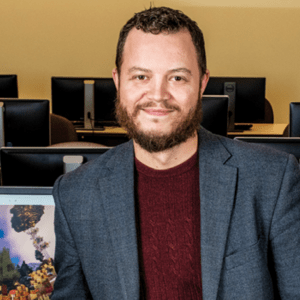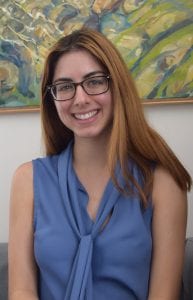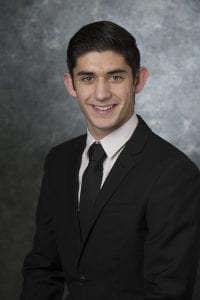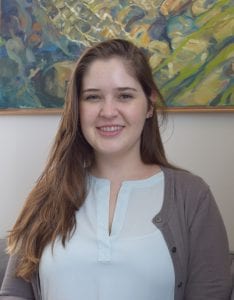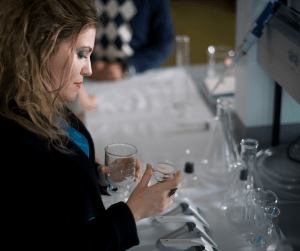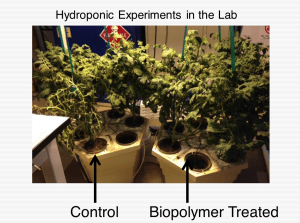Dr. Owen Lynch is an Associate Professor in the Meadows School of the Arts at SMU. He is the director of the Organizational Communications track within the Corporate Communication & Public Affairs (CCPA) department. He also works as the director of the CCPA Honors Program & the SMU-in-London Communication Internship Program. Outside of the Communications Department, he holds the positions of Senior Research Fellow and Director of Community Engagement and Projects for the Hunt Institute of Engineering & Humanity within the Lyle School of Engineering at SMU.
He is active in the city of Dallas with regards to healthy, fresh food access and food justice issues. He has served and is a member of several food security committees and city-food interest groups. He also serves as the Director of Get Healthy Dallas, a nonprofit organization he helped form that is dedicated to addressing the lack of healthy food options, adequate education, and economic development opportunities in Dallas with special focus on the South Dallas and the Fair Park area.
His research interests include how organizations and communities are (re) produced through everyday discourse and routines of its members. His research methods focus on qualitative methodology, specifically participatory action research methods and asset-based community development which utilizes existing local assets to address current problems.
Dr. Lynch has mentored numerous undergraduate research projects. In the past five years, over 40 research papers have been competitively selected and presented at regional and national conferences by his students.
His own research has been published in competitive venues including Communication Theory, Management Communication Quarterly, Journal of Organizational Ethnography & the Journal of Applied Communication Research. He is also a co-founder and organizer of the Texas Humor Research Conference.
To read more about the Hunt Institute’s work to develop future-focused solutions to some of the world’s biggest problems, please click here. For the latest news on the Hunt Institute, follow our social media accounts on LinkedIn, Facebook, and Instagram. We invite you to listen to our Podcast called Sages & Seekers. If you are considering engaging with the institute, you can donate, or sign-up for our newsletter by emailing huntinstitute@smu.edu.

